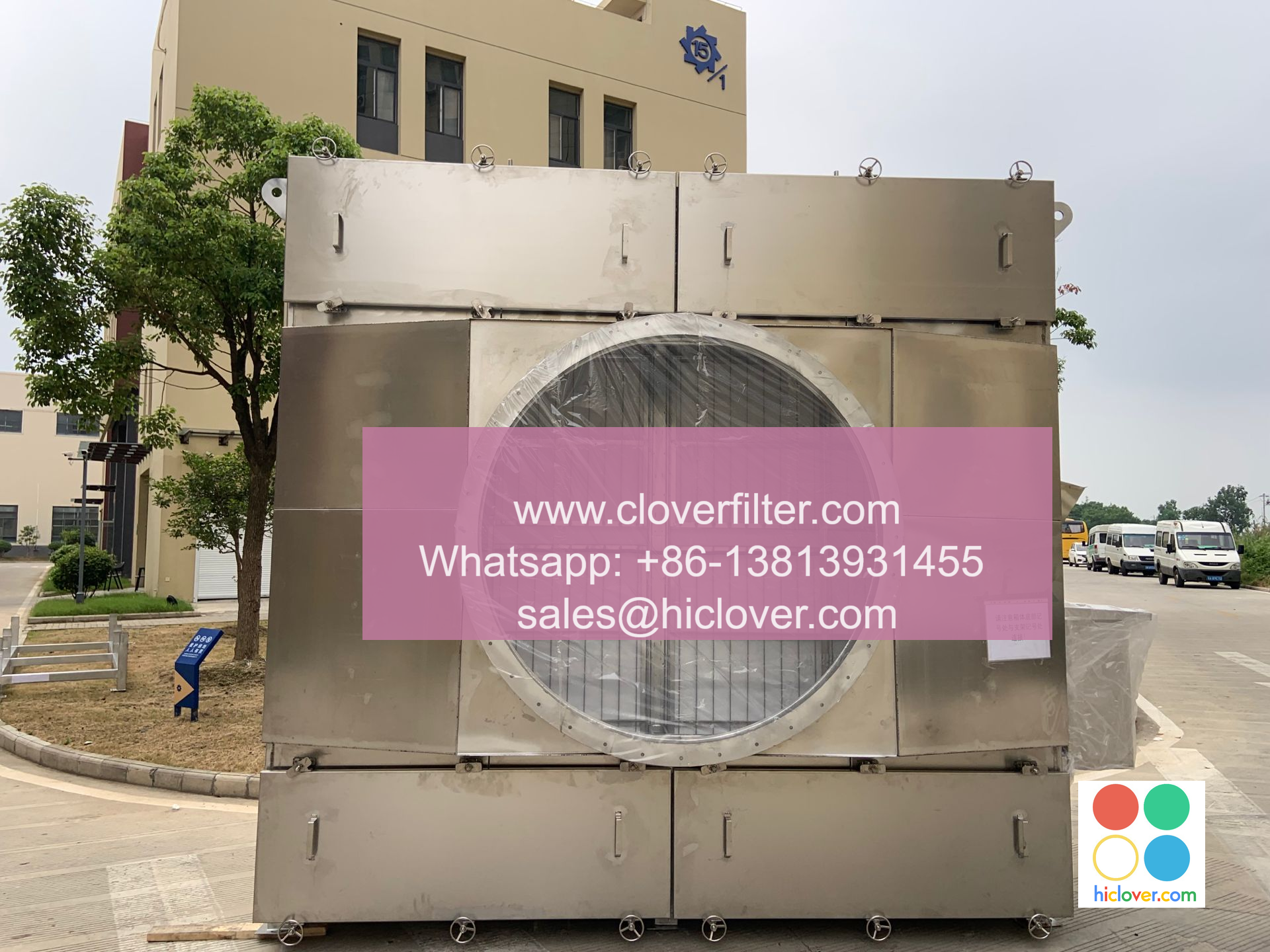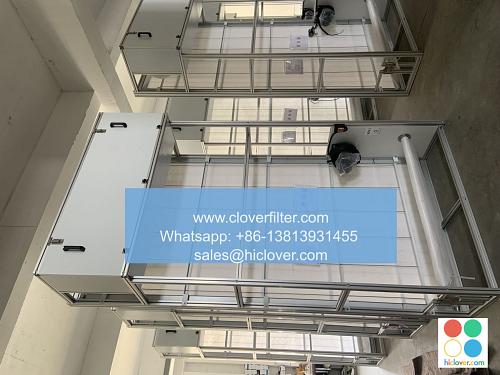The Importance of Air Filter Maintenance in Manufacturing Settings

Air filter maintenance is a crucial aspect of manufacturing settings, playing a vital role in maintaining indoor air quality, preventing equipment damage, and ensuring worker health and safety. In this article, we will delve into the significance of air filter maintenance in manufacturing settings, highlighting various application areas and emphasizing the need for regular air filter replacement and cleaning schedules.
Industrial Air Filtration Systems
Industrial air filtration systems are designed to remove particulate matter, gases, and odors from the air, creating a clean and healthy work environment. These systems are essential in manufacturing settings, where airborne contaminants can pose serious health risks to workers and equipment damage. Regular air filter maintenance is critical to ensure the efficiency and effectiveness of these systems.
Applications in Various Industries
Air filter maintenance is crucial in various industries, including:
* Aerospace manufacturing: where cleanroom environments require precise air filtration systems to prevent contamination and ensure product quality.
* Food processing: where airborne pathogens can compromise food safety and quality control.
* Pharmaceutical manufacturing: where controlled environments require high-efficiency air filtration systems to prevent contamination and ensure product purity.
* Automotive manufacturing: where airborne dust and particulate matter can damage equipment and compromise product quality.
Benefits of Regular Air Filter Maintenance
Regular air filter maintenance offers numerous benefits, including:
* Improved indoor air quality: reducing airborne contaminants and creating a healthy work environment.
* Increased equipment lifespan: preventing equipment damage caused by airborne particles and moisture.
* Enhanced product quality: preventing contamination and ensuring product purity in controlled environments.
* Reduced energy consumption: optimizing air filtration systems to minimize energy waste and reduce operating costs.
Best Practices for Air Filter Maintenance
To ensure the efficiency and effectiveness of air filtration systems, follow these best practices:
* Regular air filter replacement: replacing air filters at recommended intervals to prevent filter degradation and equipment damage.
* Cleaning schedules: establishing regular cleaning schedules to prevent dust buildup and equipment damage.
* Monitor air quality: continuously monitoring air quality to identify potential issues and optimize air filtration systems.
In conclusion, air filter maintenance is a critical aspect of manufacturing settings, essential for maintaining indoor air quality, preventing equipment damage, and ensuring worker health and safety. By highlighting various application areas and emphasizing the need for regular air filter replacement and cleaning schedules, we can ensure the efficiency and effectiveness of air filtration systems, ultimately improving product quality and reducing operating costs. Prompt

